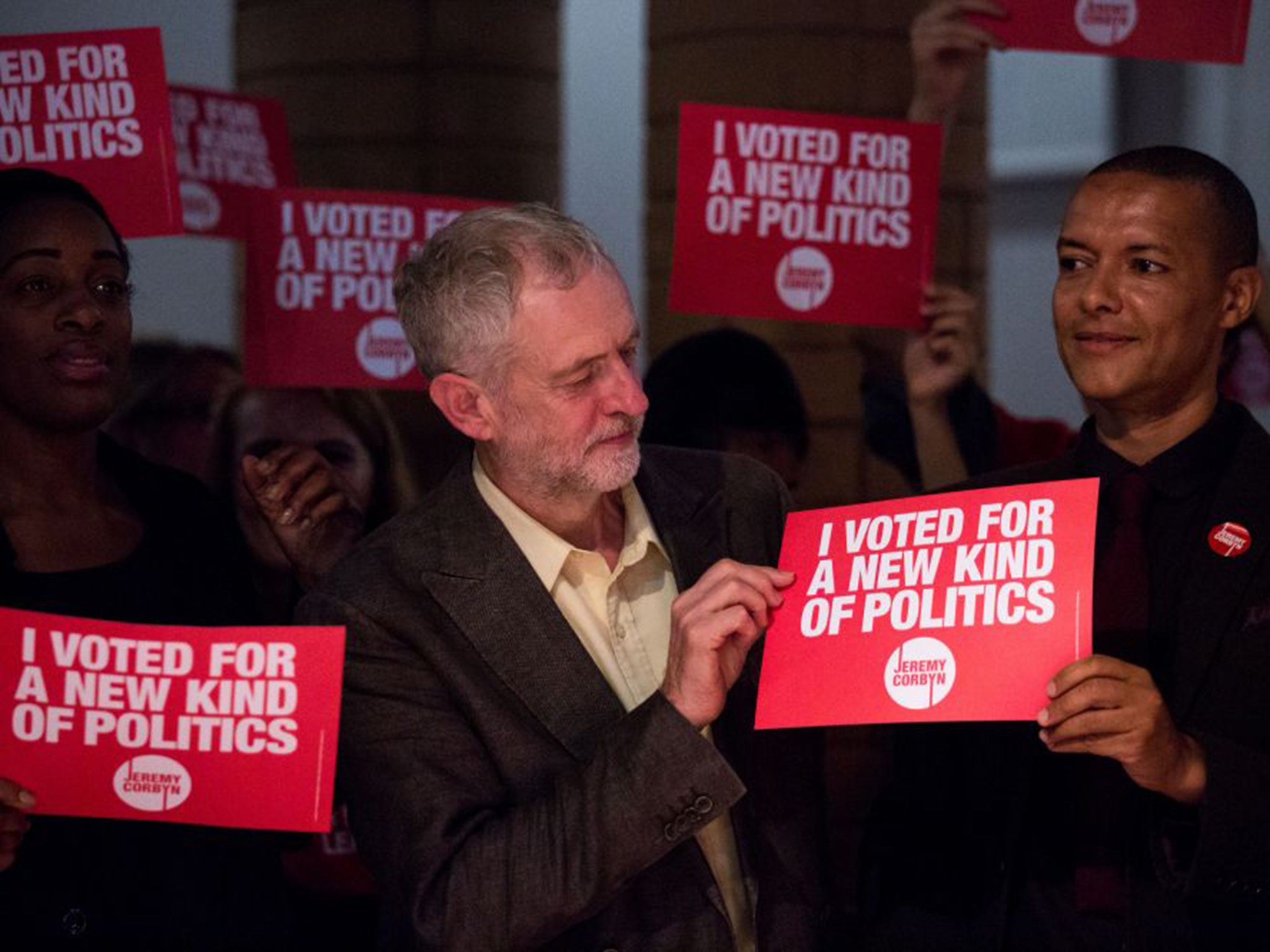Is Momentum a return to the old days of Labour’s militant tendency?
Whilst there are similarities, history is not bound to repeat itself, if the new leadership manages iternal party affairs

Among Labour MPs there is a growing wave of concern about the activities of Momentum, a recently established organisation of Corbyn supporters. Former frontbencher Caroline Flint warned that it was being used by “far-left parties” seeking to penetrate the Labour party, adding: “That is exactly what far-left groups like Militant did in the 1980s. They act as a separate party operating within the Labour Party but with no real loyalty to the party.”
Momentum itself blandly describes its aims as to “encourage those inspired by Jeremy Corbyn’s campaign to get involved with the Labour Party” and to help “create a mass movement for real progressive change”. Its supporters insist that it wants to transform Labour into an outward-looking, mass campaigning party that can tap the energy and idealism of social movements and pressure groups to promote a more equal and socially just society.
For its critics – very numerous among Labour MPs – Momentum’s real objective is, through a mixture of intimidation, abuse and factional manoeuvring, to seize control of the party. In addition, Momentum has become a vehicle for infiltration by far-left revolutionary organisations - such as the Socialist Workers Party and the Militant Tendency’s latest incarnation, the Socialist Party.
So is this a replay of the late 1970s and early 1980s? There are undoubted similarities. The leadership race released polarising impulses within the party, to which the palpable sense of alienation between the parliamentary party and the rank and file has also contributed.
Not least, they contend, we are seeing a revival of the practice of entryism – a strategy by which members of an outside group are encouraged to join a larger party for the purposes of manipulating that party for its own ends. It is something that plagued the party a generation ago, and is reportedly being employed again by some far-left organisations heartened by Corbyn’s triumph.
But in history events rarely quite replicate themselves. For a start, however acute Labour’s fractures are today they pale in comparison with the early 1980s, when rival factions tore into each other with gusto, virulence and venom.
Equally, the comparison with Militant is misleading. Militant was a Trotskyist organisation, with its own organisation, discipline and ideology, that’s aim was to burrow deeply into the Labour Party in order to subvert it from within. Its adherents, though never very numerous, were dedicated, boundlessly energetic and highly disciplined. Further in a few places, notably in Liverpool, Militant had powerfully embedded itself to the degree that it could only be eradicated by expulsion. By comparison the various contemporary far-left sects, distracting, exasperating and divisive as they may be, do not pose a comparable threat.
Further, the late-1970s and early-1980s was a period of severe and unprecedented polarisation which featured rival, solidly-structured blocs of left and right releasing salvos at each other with little regard for the party’s popular standing. This simple binary distinction does not begin to do justice to the complexities, subtleties and nuances of modern Labour politics.
So far, we have also ignored one major power bloc in the Labour alliance – the trade unions. Historically, the role of the larger unions – such as the TGWU, the various engineering unions (now incorporated in Unite) and the GMB – has been as stabilisers, restraining oscillations both to the left and to the right, urging a more pragmatic approach to politics and providing ideological “ballast”. This is the role they eventually came to play in the 1980s as recorded in detail in Lewis Minkin’s classic study: The Contentious Alliance. Will they resume this role if things threaten to get out of hand?
Of course, much depends on the new leadership’s management of internal party affairs. Will it use the levers at its disposal to entrench the power of its own supporters, thereby fostering polarisation? Or will it opt for a more conciliatory, accommodating and inclusive strategy? It appears, at the moment, to be uncertain and undecided, veering from one to the other leaving the party rudderless. But on its eventual decision may depend not only the future of the Corbyn leadership, but that of Labour as serious competitor for power in 2020, too.
This article first appeared in The Conversation on the 21st December 2015.
Join our commenting forum
Join thought-provoking conversations, follow other Independent readers and see their replies
Comments
Bookmark popover
Removed from bookmarks